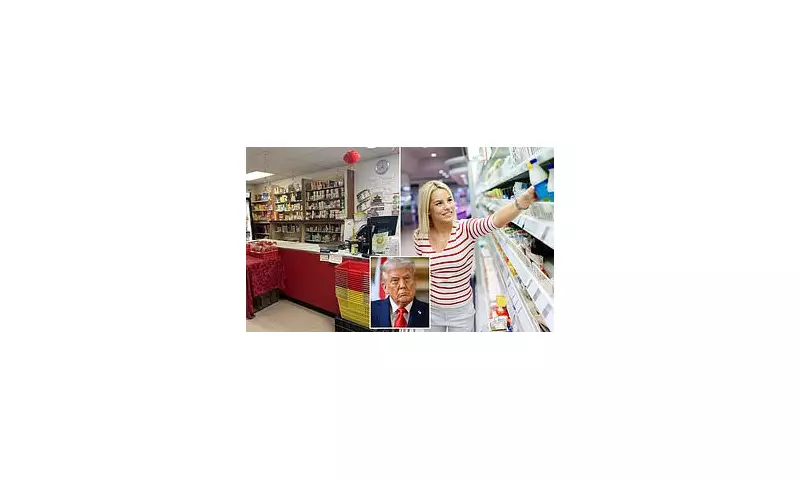
The spectre of Donald Trump's proposed trade policies is already casting a long shadow over international business, with one Florida importer revealing how potential 60% tariffs on Chinese goods could spell disaster for companies on both sides of the Atlantic.
The Tariff Threat Looming Over Global Trade
As the US presidential election approaches, business owners are grappling with the reality that a Trump administration could implement sweeping tariffs that would reverberate through global supply chains. The proposed 60% levy on Chinese imports represents one of the most significant potential disruptions to international trade in recent years.
Small Business Bear the Brunt
Florida-based importer Wong Kai Imports finds itself in the crosshairs of this potential trade war. Like many small and medium-sized enterprises, the company relies heavily on Chinese manufacturing to remain competitive. The proposed tariffs would not only threaten their business model but could force them to either absorb unsustainable costs or pass price increases directly to consumers.
"We're facing a perfect storm," the company representative explained. "These tariffs would fundamentally change how we operate and could make many of our products unaffordable for British consumers."
Ripple Effects for British Consumers and Businesses
The impact wouldn't be confined to American businesses. UK companies and consumers would feel the pinch through:
- Increased prices for imported goods
- Supply chain disruptions affecting product availability
- Reduced choice in the retail market
- Potential job losses in sectors dependent on US trade
A Warning Sign for International Commerce
This situation serves as a stark reminder of how political decisions in one country can create economic waves across the globe. As trade policies become increasingly politicised, businesses are being forced to navigate uncertain waters while trying to maintain stability for their customers and employees.
The coming months will be critical for companies like Wong Kai Imports as they await the outcome of the US election and prepare contingency plans for what could be a dramatic shift in international trade dynamics.





